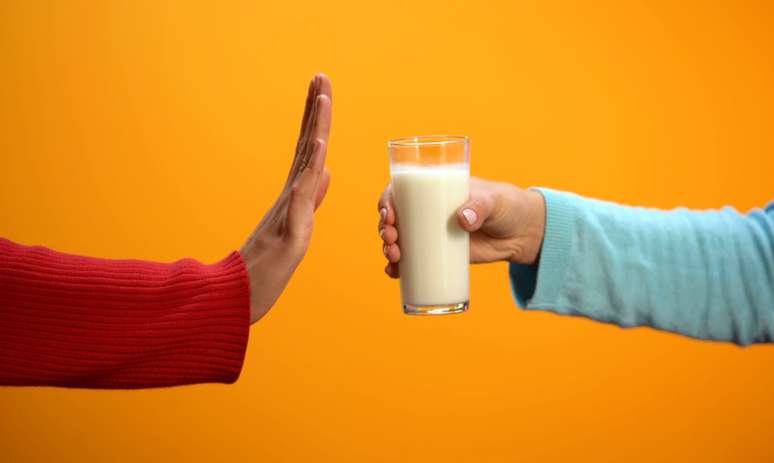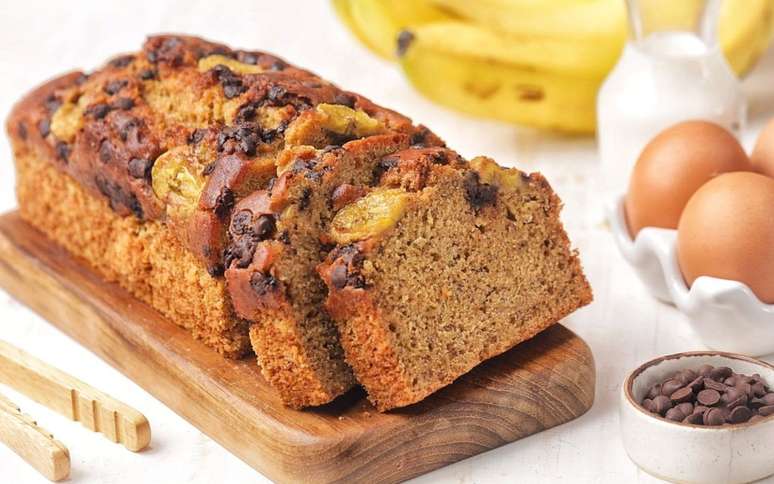Analysis of fecal samples helps scientists find an association between gut microbiota composition and depressive symptoms
Two surveys, involving researchers from Erasmus University Rotterdam, the University of Amsterdam and the University of Oxford, were published in December in the journal Nature communicationsfrom the prestigious group Natureadvanced in the study of the relationship between the composition of our intestinal microbiota – popularly known as intestinal flora, although the term is not scientifically correct – and depression. The analyzes involved a large sample of individuals (one of them has 2,593 patients and the other, 3,021), from ongoing prospective studies.
“The gastrointestinal tract is permeated by millions and millions of bacteria. There are more bacteria inside us than the total number of cells in our own body,” says psychiatrist Arthur Danila, coordinator of the Habit and Lifestyle Change Program life. Institute of Psychiatry, Hospital das Clínicas, Faculty of Medicine, USP, without research involvement. The set of bacteria found in the intestine is called the intestinal microbiota or microbiome.
Depression is still a very misunderstood disease. The introduction of antidepressants has represented a watershed in the mental health of the population, but the administration of these drugs is certainly not able to improve all depressive conditions. In this sense, in recent years – especially in the last two decades – the gut-brain axis has gained importance.
When we are in a healthy (eubiotic) state, they live harmoniously in/with our gut. They help our digestion, protect against harmful bacteria and fight inflammation, as well as help modulate emotions, studies have shown.
“It happens that in some moods and in some psychiatric states this composition is altered. Dysbiosis is like dystonia, when something is ‘dis’, it’s because it’s wrong, it’s uncomfortable, it’s in the way”, explains Arthur Danila . “The state of dysbiosis both impairs the digestion of the food we eat and impacts levels of inflammation, not just in the brain, but throughout the body.”
By analyzing faecal samples and self-reported forms of depressive symptoms, European researchers have found an association of 12 genera and one family of bacteria living there with depression. Some of them have been found in greater abundance (in particular, the genera Sellimonas, Eggella, Lachnoclostridium AND Ungataella) in individuals with high-level, others, low-level depressive symptoms (e.g., Coprococcus AND Ruminococcaceae (UCG002, UCG003, UCG005)For example).
These bacteria are known to be part of the synthesis of glutamate, butyrate, serotonin and gamma-aminobutyric acid (GABA), which are “major neurotransmitters relevant to depression,” according to the scientists.
According to the researchers, the association with the bacteria was as strong as other previously mapped risk factors for depression, such as smoking and alcohol use. “Study findings identified potential targets for psychobiotic interventions that warrant further investigation and may have a positive impact on depression and well-being at the individual or population level,” they wrote in one of the studies.
Robustness
Arthur Danila assesses that the studies do not bring many novelties, but are very important, as they give strength, given the sample size of the analyses, to the “hypotheses that were already being made that the modulation of the intestinal microbiota is important not only for a gastrointestinal problem, but it also affects emotional problems.”
In the same papers, the researchers point out that associations with the gut-brain axis had been explored previously, but with animal studies and, when in humans, with small samples.
With the two studies, however, it is not possible to establish that only by treating the microbiota, with the use of probiotics (“live microorganisms which, administered in adequate quantities, confer benefits on the health of the host”, in the WHO definition) or psychobiotics (probiotics that have been shown to be beneficial to the human mind), will solve a case of depression on their own. That’s because what the researchers found was an association and not a causation, plus, depression is likely multifactorial.
“Probiotics or psychobiotics do not replace any monotherapy treatment. We cannot say today that to treat depression you only take probiotics or psychobiotics and everything is fine. We do not have the power of efficacy to be able to justify this behavior exclusively. But the prescription of probiotics and psychobiotics can help in an adjuvant way in the treatment of depression or anxiety, in selected cases as long as they undergo a specialist medical evaluation”, explains Danila.
The association found by the studies raises an alarm on the importance of keeping the body in eubiosis and, for this, the key is in what we eat. “The healthiest possible diet is the one that offers the best conditions for the good bacteria to survive inside the intestine and the bad bacteria to escape”, summarizes psychiatrist Arthur Danila.
“How do we guarantee this? With a healthy diet based mainly on vegetables and whole foods, because they have high levels of fiber and foods, and little or little processed,” he adds.
Source: Terra
Ben Stock is a lifestyle journalist and author at Gossipify. He writes about topics such as health, wellness, travel, food and home decor. He provides practical advice and inspiration to improve well-being, keeps readers up to date with latest lifestyle news and trends, known for his engaging writing style, in-depth analysis and unique perspectives.








